Certificates of Attendance are available through your personal myRNA2024 area (myDocs section).
Dear Friends and Colleagues,
The "ABCD 2024 RNA Biology and Systems Medicine" is an exciting two-day event taking place in Reggio Emilia (Tecnopolo) from 25 to 26 October 2024. The meeting aims to bring together research groups interested in RNA biology and Systems Medicine, specifically targeting early-stage researchers (pre-doctoral, doctoral, and post-doctoral students). It offers a friendly environment for students to present their research proposals and intermediate results and engage in discussions with experts and colleagues working on RNA-based mechanisms in cell biology and engineering, development, and human disease. The meeting is organized into four sessions, each led by a keynote speaker—an international expert in the field—who will actively participate in discussions throughout the event with the students.
We look forward to welcoming you to Reggio Emilia!
Under the aegis of

With the support of
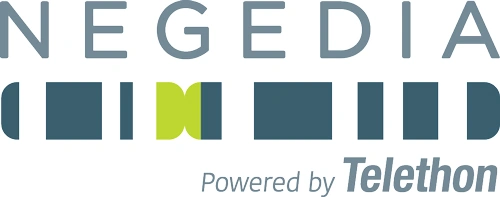

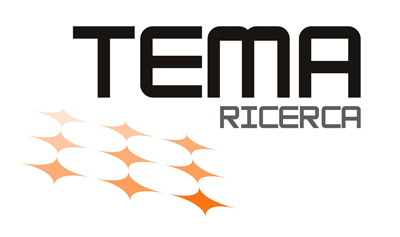

She is a Molecular Biologist and the Coordinator of Laboratory of Translational Research at the AUSL-IRCCS of Reggio Emilia (tRES_Lab). She graduated in Biological Science in 1999 and got her PhD in “Cellular Biology and Physiology” at the University of Bologna, under the supervision of Prof. Marialuisa Melli. After a 3 years Post-Doctoral experience in the laboratory of Dr. Robert Benezra at Memorial Sloan Kettering Cancer Center, New York (USA) she moved to the IRCSS of Reggio Emilia, where she contributed to the construction and development of the Translational Research infrastructure. Main scientific interest is to understand how alterations in the sequence, function and organization of the genome contribute to oncogenesis, in particular to the processes of tumor progression and metastatic spreading. Particular attention is given to the functional elements that concur to transcriptional plasticity of cancer, including transcription factors, regulatory DNA elements and long non coding RNAs.The tRES_Lab operates in tight connection with the clinical departments of the IRCCS working either as promoter of basic science derived proof-of-principle and as support for translational projects that raise from clinical questions in the daily practice.
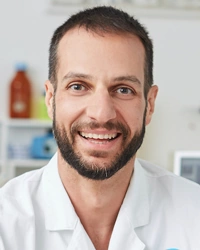
Francesco Nicassio is a Senior Researcher Tenured at Istituto Italiano di Tecnologia (IIT) and the Coordinator of the Center for Genomic Science of IIT in Milan. He was born in Bari, where he graduated in in Biology in 2000. He got a PhD in Life Science in 2004 working at the European Institute of Oncology (IEO-Milan) with Prof. PP Di Fiore. Scientific interests are centred on the exploitation of genomic approaches to the study of mechanisms in control of gene expression dynamics provided by non-coding RNAs (microRNAs, long noncoding RNAs and enhancer) and their impact on cell behaviour and human disease, with emphasis on Cancer. Research activity is based on the modern concept of a hybrid lab, integrating experimental research with computational methodologies. He is recognized for the key contribution in the field of non-coding RNAs, in particular for characterising the function and regulation of microRNAs in the gene expression regulatory network, pioneering the exploitation of circulating RNAs for diagnostic purposes in cancer, and the characterisation of novel mechanisms involved in microRNAs degradation. In last years, he has implemented technological platforms for RNA research in IIT, including single-cell platforms (single cell RNAseq, multi-omics), CRISPR-based optical pooled screening (CROP) and single molecule analysis of native RNA (Nanopore RNA sequencing) and developed ad hoc tools for their application to human disease and clinical research.
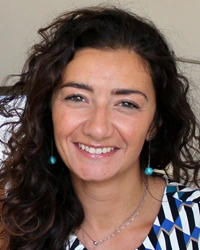
Dr Velia Siciliano is a Senior Researcher Tenured at IIT (Naples, Italy). She has a long-standing expertise in synthetic biology, starting with a PhD bioengineering and control engineering at the Telethon Institute of Genetics and Medicine (TIGEM) in Naples. She then conducted her research activities as a Postdoctoral fellow at the Synthetic Biology Center of Massachusetts Institute of Technology (MIT), in the lab of Prof. Ron Weiss. During the PhD and postdoctoral training, Dr Siciliano gained a compelling expertise on mammalian cell engineering for biomedical purposes and developed tools to enable medical applications of synthetic biology. In September 2017 she returned to Italy at IIT to launch the Laboratory of Synthetic and Systems Biology for Biomedicine in a technology focused institution. Her research group involves junior and senior scientists with diverse background, including bioengineering, molecular biology, pharmacology, bioinformatics, immunology and cancer biology. This diverse group works on the design of novel tools for engineering of mammalian cells for biomedical applications. The lab founds on two pillars, Foundation and Application to achieve two complementary goals: unravel the mechanisms underlying.
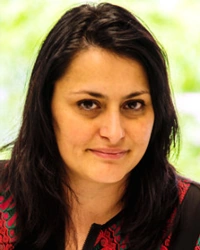
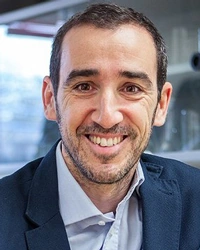
Francesco Ricci is a full professor at the Chemistry Department of the University of Rome, Tor Vergata. His research interests lie in the fields of electrochemical sensors, DNA functional nanotechnology, DNA-based sensors, aptamers, conformational switching probes and smart drug-release. After the PhD in Chemistry earned in 2005 at the University of Rome, Tor Vergata, Francesco Ricci spent 2 years as a visiting post-doc researcher at the University of California, Santa Barbara. Francesco Ricci has been awarded an International Marie Curie Outgoing Fellowship (2010), an ERC Starting Grant (2013) and an ERC Consolidator Grant (2019). He is also the recipient of the inaugural 2017 ACS “Advances in Measurement Science Lectureship” Award and the 2017 “Heinrich Emanuel Merck Award on Analytical Science”.
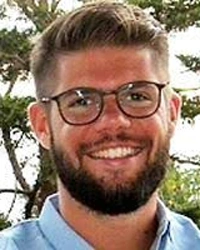
Tito Panciera graduated in Molecular Biology in 2012, and obtained his PhD in Biosciences and Biotechnologies at the University of Padua in 2016. He then went on to carry on his research in Padua, where he is currently Assistant Professor in Histology and Human Embryology. His primary scientific interest lies on the study of the epigenetic mechanisms that sustain biological processes as proliferation, differentiation, regeneration and cancer transformation, with particular focus on how microenvironmental mechanical signals are transduced into patterning of transcription factor activity. For his early career scientific achievements Tito Panciera has been awarded the Nicolo Copernico award for Biomedical Sciences and the Chiara D’Onofrio Junior award.
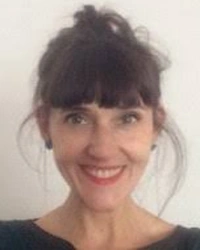
Since 1999, I've pursued a career in Biomolecular Sciences, obtaining an MD from the University of Padua and a PhD from the University of Verona in 2006 and being visiting scientist at Yale University and University of Ljubljana. Joining the Institute of Biophysics, CNR in 2011, I lead a lab investigating translational control of gene expression in Spinal Muscular Atrophy (SMA) and Amyotrophic Lateral Sclerosis (ALS). Overseeing a highly transdisciplinary team of 10-15, we've made breakthroughs in SMA and ALS research, securing grants from national, European and American funding agencies and foundations. Our research produced tens of papers published in high impact journal in the last 5 years (Nat. Cell. Biol.; NAR; Sci.Adv.; Nat. Comm.; Cell Reports; Mol. Cell; Hum. Mol. Gen.; Bioinformatics and others. Additionally, I co-founded the start-up IMMAGINA – Ribo-Lace in 2013 and now coordinate the eRIs initiative, fostering collaboration between governmental institutions and biotech. My interests in Bioethics, Geopolitics, and Science Diplomacy enhance my international engagements, including serving as an elected councilor for the International Union for Pure and Applied Biophysics.